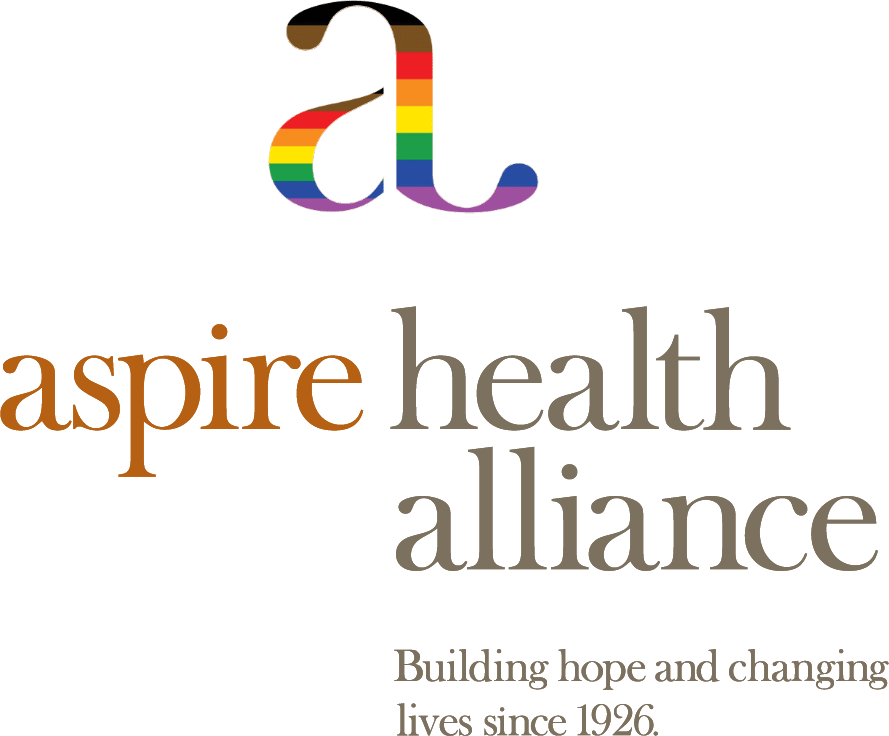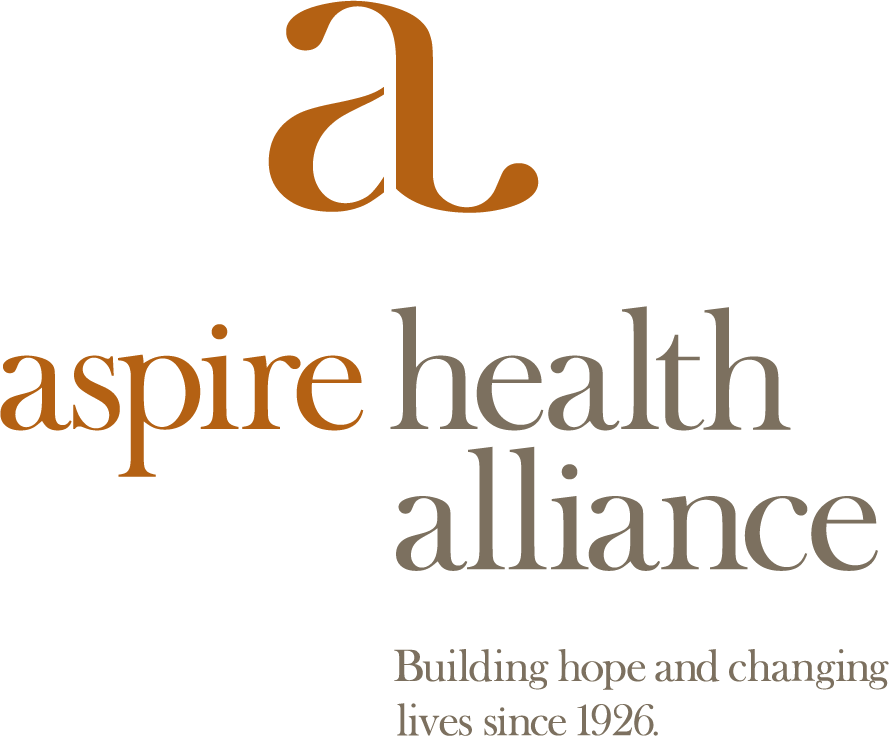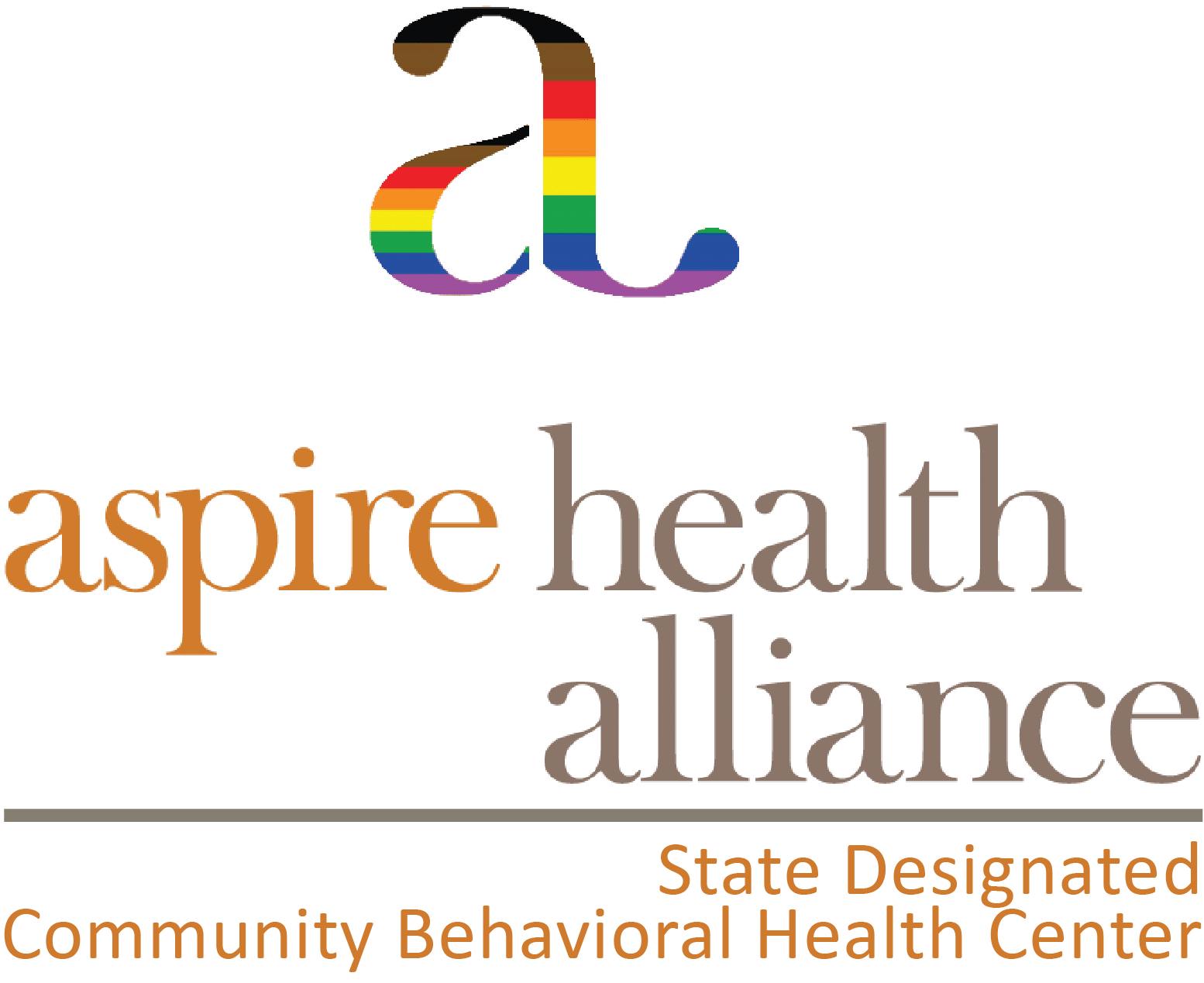Doctoral Internship Competencies
Internships

Interested in Applying?
Discover available training tracks, interview dates and supplemental materials.
The specific goals and objectives of the training program are defined in a list of profession-wide and program-specific competencies to be achieved by completion of the internship. They are outlined below:
1. Research
Interns will demonstrate:
- Substantially independent ability to critically evaluate and disseminate research or other scholarly activities (e.g., case conference, presentation, publications) at the local (including the host institution), regional, or national level*
- Ability to produce a relevant research product and can effectively communicate findings and implications.
2. Ethics & Legal Standards
Interns will demonstrate:
- Knowledge and actions that are in accordance with the current version of the APA Ethical Principles of Psychologists and Code of Conduct*
- Knowledge and actions that are in accordance with relevant laws, regulations, rules, and policies governing health service psychology at the organizational, local, state, regional, and federal levels*
- Knowledge and actions that are in accordance with relevant professional standards and guidelines*
- Ability to recognize ethical dilemmas as they arise and apply ethical decision-making processes in order to resolve the dilemmas*
- Ability to conduct self in an ethical manner in all professional activities*
3. Individual & Cultural Diversity
Interns will demonstrate:
- Understanding of how their own personal/cultural history, attitudes, and biases may affect how they understand and interact with people different from themselves*
- Knowledge of the current theoretical and empirical data on addressing diversity in professional activities including research, training, supervision/consultation, and service*
- Ability to integrate awareness and knowledge of individual and cultural differences in the conduct of professional roles (e.g., research, services, and other professional activities)*
- Ability to apply a framework for working effectively with areas of individual and cultural diversity not previously encountered over the course of their careers*
- Ability to independently apply their knowledge and approach in working effectively with the range of diverse individuals and groups encountered during internship*
- Ability to initiate exploration of diversity variables in the context of the therapeutic relationship
- Knowledge of appropriate community resources for diverse clients
4. Professional Values, Attitudes & Behaviors
Interns will demonstrate:
- Behavior that reflects the values and attitudes of psychology, including integrity, deportment, professional identity, accountability, lifelong learning, and concern for the welfare of others*
- Ability to engage in self-reflection regarding one’s personal and professional functioning*
- Ability to engage in activities to maintain and improve performance, well-being and professional effectiveness*
- Ability to actively seek and demonstrate openness and responsiveness to feedback and supervision*
- Ability to respond professionally in increasingly complex situations with a greater degree of independence as they progress across levels of training*
5. Communication & Interpersonal Skills
Interns will demonstrate:
- Ability to develop and maintain effective relationships with a wide range of individuals, including colleagues, communities, organizations, supervisors, supervisees, and those receiving professional services*
- Ability to produce and comprehend oral, nonverbal, and written communications that are informative and well-integrated*
- Thorough grasp of professional language and concepts*
- Effective interpersonal skills and the ability to manage difficult communication well*
- Ability to take appropriate initiative and seeks help as needed
- Ability to take responsibility for timely completion of assignments
6. Assessment
Interns will demonstrate:
- Current knowledge of diagnostic classification systems, functional and dysfunctional behaviors, including consideration of client strengths and psychopathology*
- Understanding of human behavior within its context (e.g., family, social, societal and cultural)*
- Ability to apply the knowledge of functional and dysfunctional behaviors including context to the assessment and/or diagnostic process*
- Ability to select and apply assessment methods that draw from the best available empirical literature and that reflect the science of measurement and psychometrics*
- Ability to collect relevant data using multiple sources and methods appropriate to the identified goals and questions of the assessment as well as relevant diversity characteristics of the service recipient*
- Ability to interpret assessment results, following current research and professional standards and guidelines, to inform case conceptualization, classification, and recommendations*
- Ability to guard against decision-making biases, distinguishing the aspects of assessment that are subjective from those that are objective*
- Ability to communicate orally and in written documents the findings and implications of the assessment in an accurate and effective manner sensitive to a range of audiences*
- Ability to administer and score cognitive tests
- Ability to administer and score projective tests
- Ability to complete testing process in a timely manner (from referral and administration to provision of report and feedback to client)
7. Intervention
Interns will demonstrate:
- Ability to establish and maintain effective relationships with the recipients of psychological services*
- Ability to develop evidence-based intervention plans specific to the service delivery goals*
- Ability to implement interventions informed by the current scientific literature, assessment findings, diversity characteristics, and contextual variables*
- Ability to apply the relevant research literature to clinical decision making*
- Ability to modify and adapt evidence-based approaches effectively when a clear evidence-base is lacking*
- Ability to evaluate intervention effectiveness, and adapt intervention goals and methods consistently with ongoing evaluation*
- Awareness of therapeutic process and relationship dynamics
- Ability to join family members and reframe problems
- Ability to facilitate group process (if applicable)
- Ability to collaborate with a co-therapist (if applicable)
8. Supervision
Interns will demonstrate:
- Knowledge of supervision models and practices*
- Ability to apply knowledge of supervision models and practices in direct or simulated practice with psychology trainees, or other health professionals*
9. Consultation & Interpersonal/Interdiscipilnary Skills
Interns will demonstrate:
- Knowledge and respect for the roles and perspectives of other professions*
- Knowledge of consultation models and practices*
- Ability to apply this knowledge in direct or simulated consultation with individuals and their families, other health care professionals, interprofessional groups, or systems related to health and behavior*
10. Crisis Intervention
Interns will demonstrate:
- Ability to function within a multidisciplinary crisis team
- Ability to formulate an initial diagnosis in a timely fashion
- Ability to formulate an initial disposition in a timely fashion
- Ability to support/contain client and family in crisis
11. General
Interns will demonstrate:
- Capacity to relate non-defensively and openly to supervisor
- Ability to report problems appropriately to supervisor
- Understanding of program evaluation and outcome studies as conducted at Aspire Health Alliance
- Improvement in knowledge and skills during evaluation period
- Progress toward learning plan goals and objectives
*: Any item listed with * is from the APA Standards of Accreditation Implementing Regulation C-81

Our Mission
We are making emotional well-being essential to overall health and building a supportive community for all, through effective, integrated care that is tailored to the way you live.
Stay Connected
Keep up with news from Aspire Health Alliance, and help us spread the word about the important work we do!


Our Mission
We are making emotional well-being essential to overall health and building a supportive community for all, through effective, integrated care that is tailored to the way you live.
Stay Connected
Keep up with news from Aspire Health Alliance, and help us spread the word about the important work we do!

Get In Touch
T: 800.852.2844
F: 617.786.9894
Media Inquiries
617.378.1049
